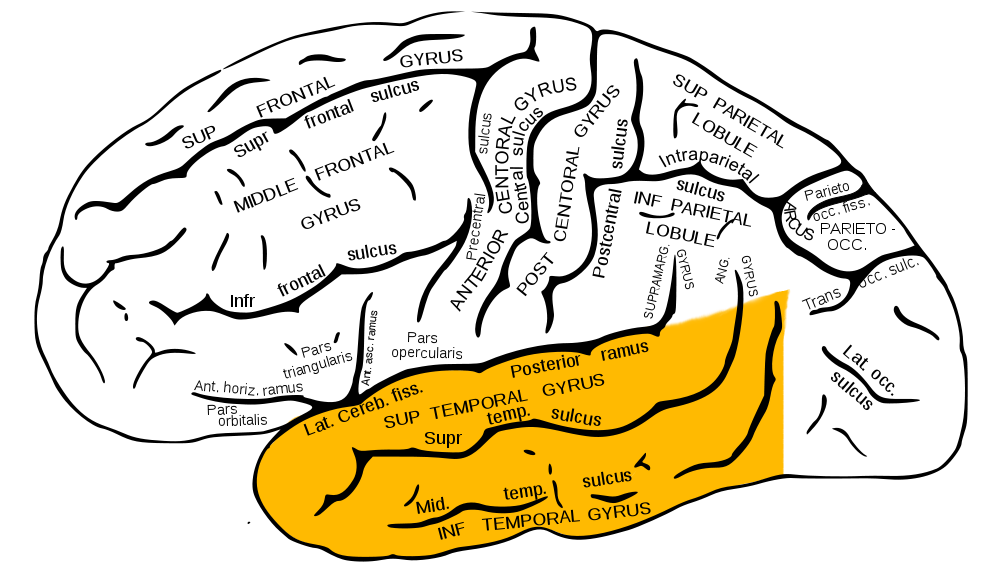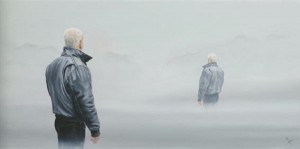Science doesn’t believe in astral travel, and tries to give an empirical explanation for Déjà Vu. For example, we have the Dual Processing Theory, which says our memory uses two systems: one that retrieves the information and another one of familiarity (it indicates whether we have seen, heard, smelled, etc., something), so the déjà vu would happen when the second is active, but not the first. However, recent studies achieved to recreate it in a lab and they found out where it starts.
So far, the unpredictable and fleeting nature of this phenomenon had made it impossible to be studied in a laboratory. Dr. Chris Moulin and the University of Leeds (UK) have succeeded provoking through hypnosis, so they can study its relation with the process of memory and human consciousness.
In addition, the Moulin team has discovered there are people who have the constant feeling that the new experiences they live everyday are “familiar“. This is known as chronic déjà vu, and people who suffer from it often fall into a depression, so far they were even treated with antipsychotics. According to studies it seems that, when we remember the past, our brain “turns on” a circuit in the temporal lobe.
If you suffer from this chronic disease you’ll have this active circuit permanently, and that generates memories that don’t exist yet.
But that’s not all, cause indeed Déjà Vu can take many forms:
- – Déjà Vècu: The most common one, it’s the feeling of having previously lived an experience when in fact it’s the first time we live it.
- – Déjà Senti: Also known as “already felt”, it involves precognition, and what is “remembered” are just feelings. It happens sometimes in epileptics with their temporal lobe damaged.
- – Déjà Visité: It’s the most mysterious one as it is to remember a place we have not been to yet like if we had already visited it. It is noteworthy that people who suffer from it remind incredible details.
- – Déjà Èprouvé: If, for example, the first time you ride a roller coaster you feel as if you have already experienced it. It is a Déjà Vu in which the whole experience (what you smell, see and hear) seems familiar.
- – Jamais Vu: Also known as “never seen.” We don’t recall seeing something before but, when it stands in front of our eyes, it awakens a strange feeling that makes us feel uncomfortable, as if we were dealing with something supernatural.
- – Presque Vu: “On the tip of the tongue”. This colloquial expression’s the best description of this phenomenon. It happens when we know that we know something and we try to remember it, but unsuccessfully.









